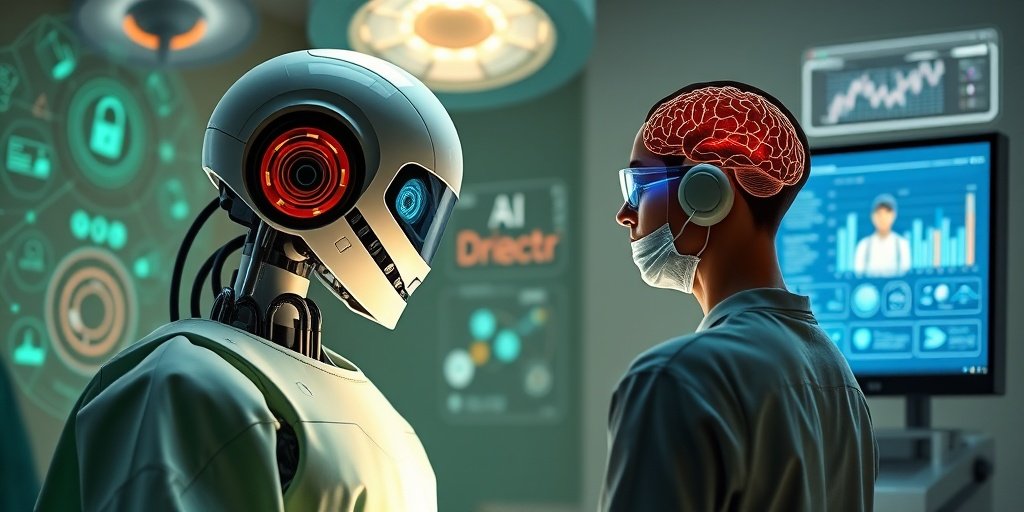
[The analysis of invention patents in the field of artificial intelligent medical devices].
Exploring AI Medical Devices: Patent Trends, Key Players, and Innovations 📈🤖
Discover the newest research about AI innovations in 🧠 Brain-Computer Interfaces.

Exploring AI Medical Devices: Patent Trends, Key Players, and Innovations 📈🤖

Human-Centered Design in Digital Health: Key Trends & Challenges 🧠💻
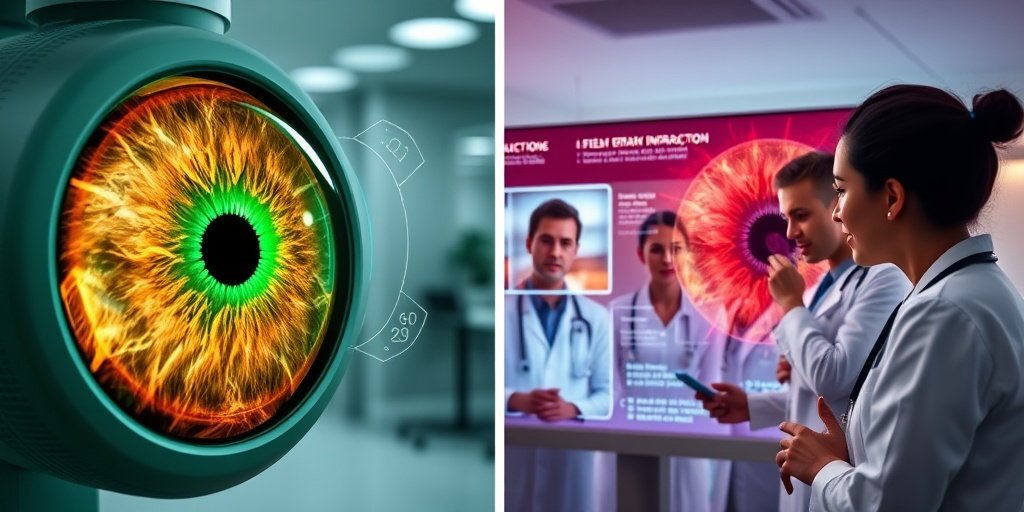
Deep learning detects silent brain infarctions via retinal images, achieving AUCs of 0.901 for incident and 0.769 for recurrent strokes. 🧠📈

Exploring AAC innovation: emotional expression, AI integration, and brain-computer interfaces transform communication. 📱💬
AI in Biomedical Engineering: Call for Papers 📝🤖
Submissions welcome for research on AI’s role in medical advancements. Explore innovative applications and insights.
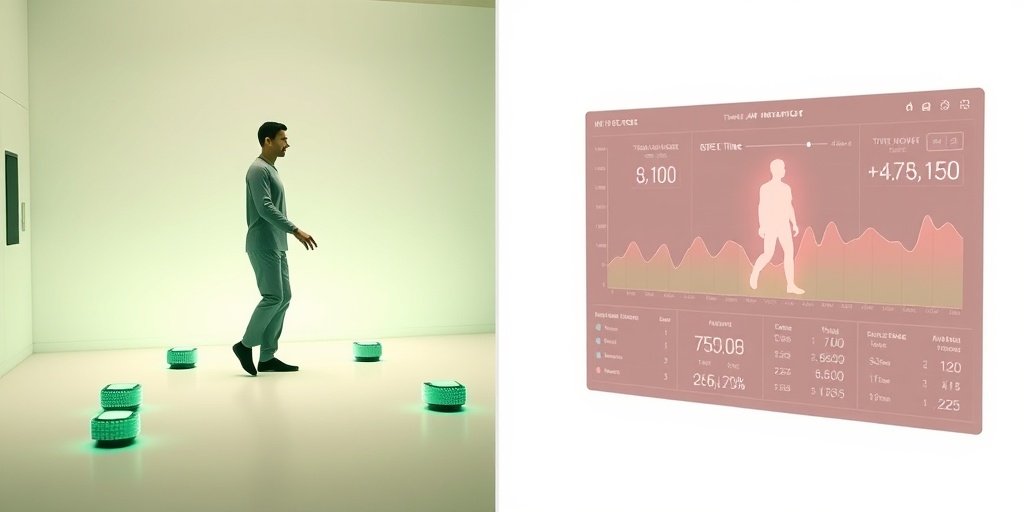
New study reveals TUG test with IMU sensors effectively detects vestibular impairments. Sensitivity up to 95%! 🧠⚖️
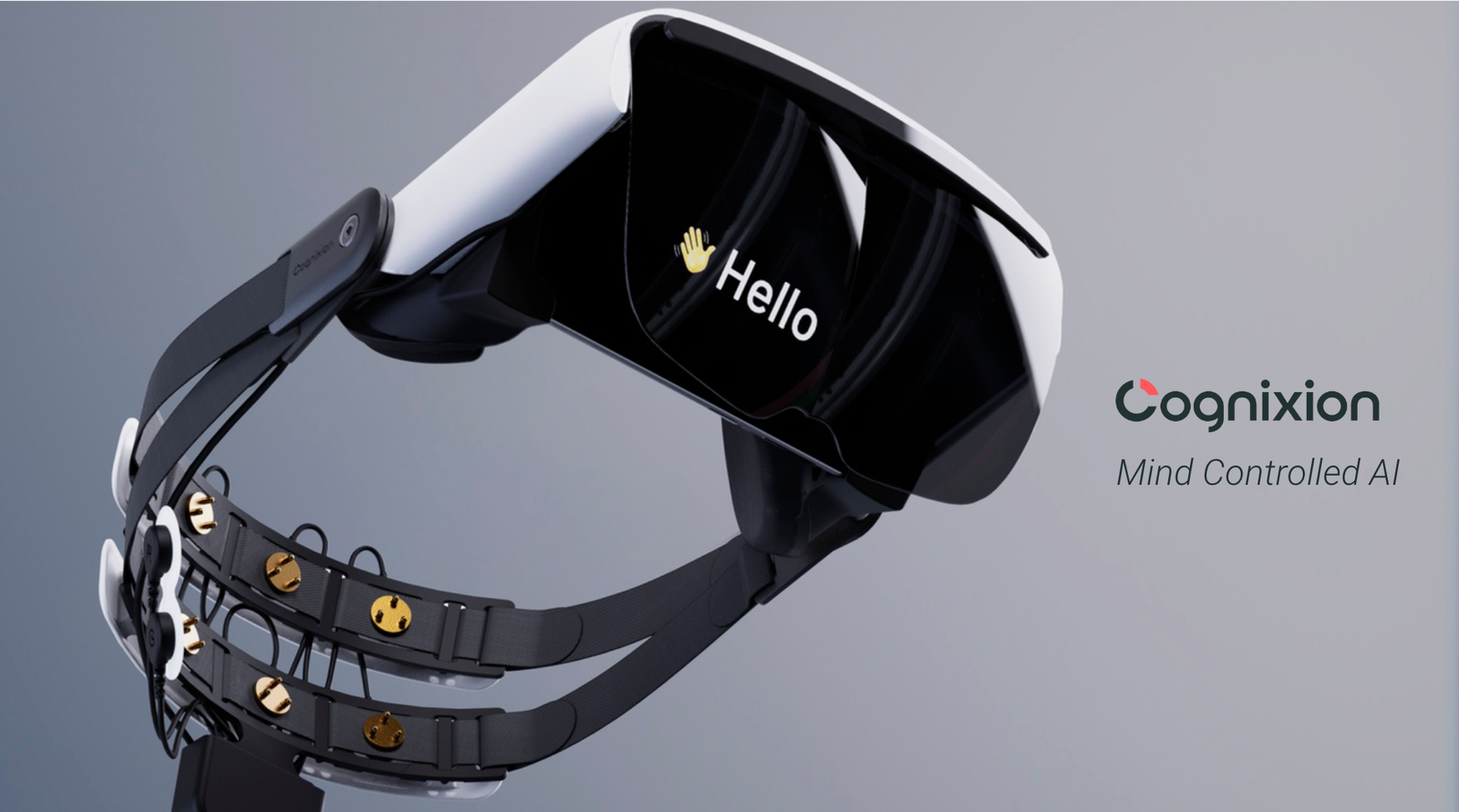
Cognixion and Blackrock Neurotech collaborate on BCI solutions. Axon-R wearable interface aids research in neuroscience and neurorehabilitation. 🧠🔗

AI predicts pediatric brain cancer relapse with 75-89% accuracy, improving care for children with gliomas. 🧠📈

Smart IoT biosensors detect driving fatigue with 99.80% accuracy using CNN-XGBoost model. 🚗🧠 Enhanced safety through innovative technology!
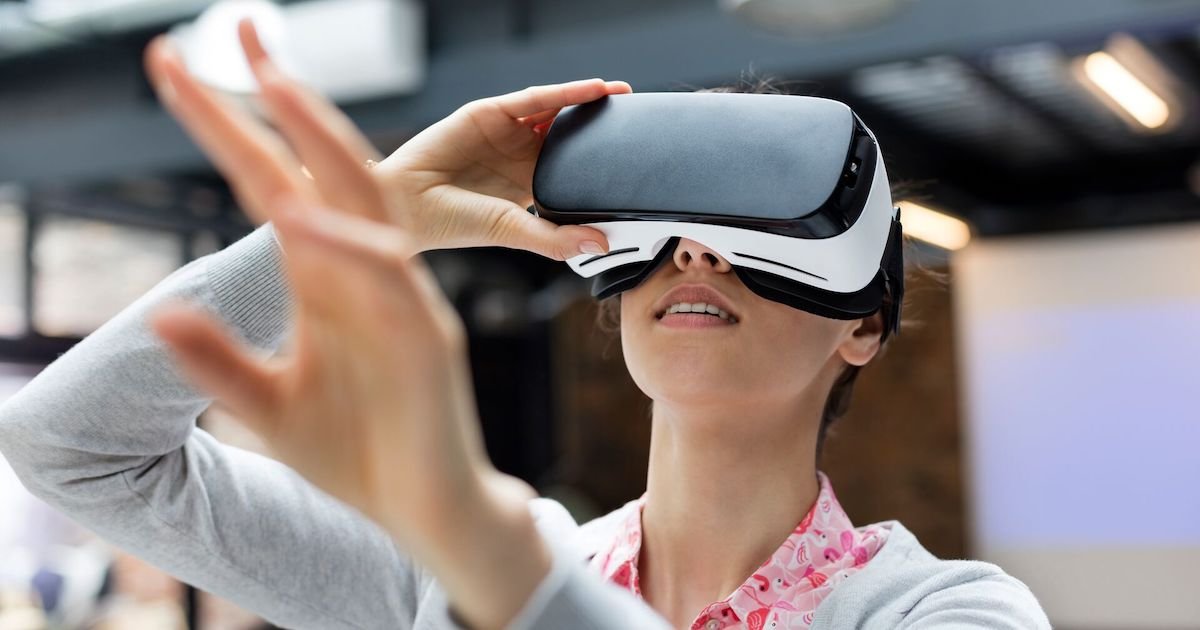
Neuranics secures $8 million for magnetic sensing technology, enhancing gesture recognition and heart signal tracking. 🧠💰